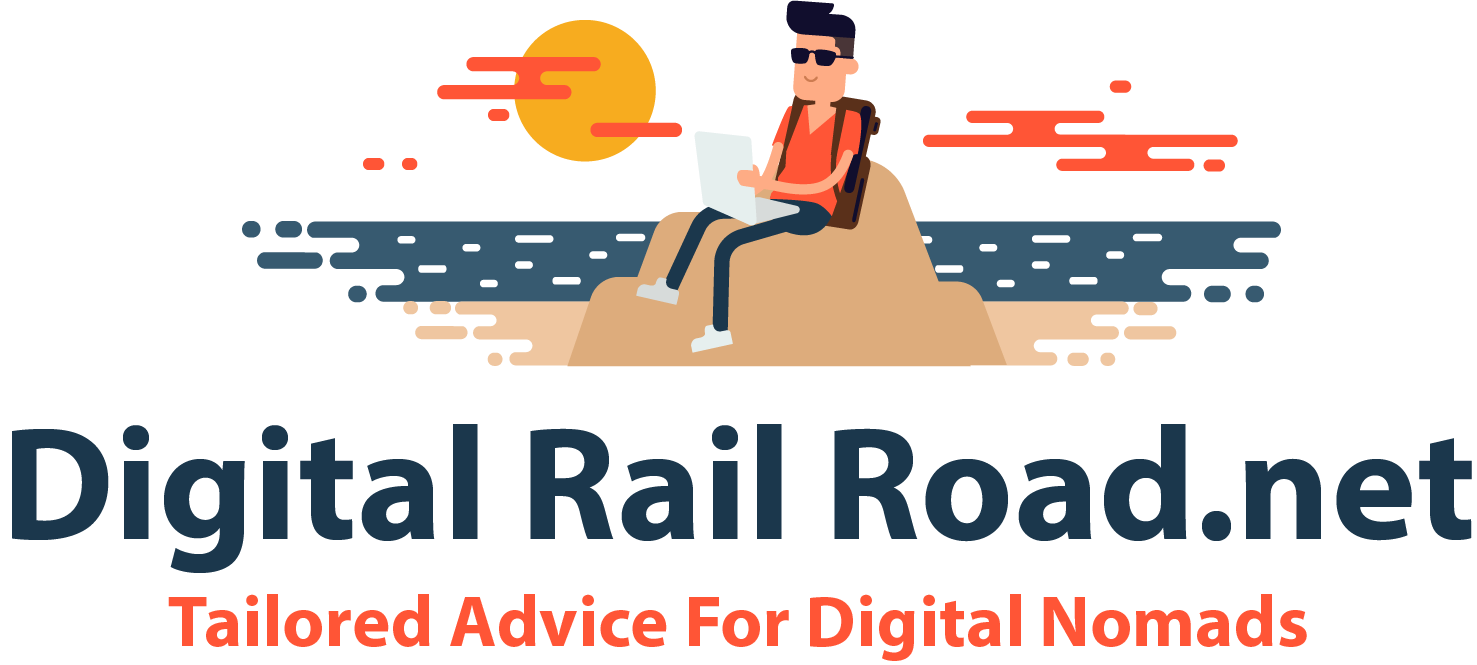 The recruitment industry prides itself on matching the best candidates with their dream jobs, making companies more profitable and their candidates happy in one fell swoop. In order to maximise their results, many recruitment agencies, such as Eagle executive headhunters, use the latest advances in technology to filter their candidates from as wide a pool as possible. One of these advanced tools is AI.
The recruitment industry prides itself on matching the best candidates with their dream jobs, making companies more profitable and their candidates happy in one fell swoop. In order to maximise their results, many recruitment agencies, such as Eagle executive headhunters, use the latest advances in technology to filter their candidates from as wide a pool as possible. One of these advanced tools is AI.
What is AI?
AI stands for Artificial Intelligence and refers to computers, computing systems or artificial neural networks becoming so advanced that they can take the place of some humans. The ultimate test of AI prowess is the Turing Test in which an AI entity will converse believably with a human without the human suspecting that they are not speaking or communicating with another human being. Some computers can respond authentically enough to fool some users that they are dealing with a person, but this is not accepted as passing the Turing Test as there is no evidence that the computer needed to ‘understand’ what was being spoken about, rather like a parrot saying swear words does not understand what it is saying, but says them because of the positive response by its laughing owner.
How Can AI help in Recruitment?
AI is useful in industries where a lot of data must be sorted out in as short a time as possible. With recruiters now spending as little as thirty seconds on a CV, anything that can help weed out the ‘absolute no’s’ is a tremendous benefit. AI systems can be set up to look for specific keywords, sorting CVs into yes piles and no piles, and then winnowing the yes pile even further, so that the human recruiter is, in theory, presented with a reasonable short-list of candidates, any one of whom would be perfect for the job in question.
Will AI Change the Recruitment Process?
The short answer here is, yes, it is already doing so. Recruitment has largely moved online and thus it is a simple matter to run thousands of submitted CVs through a keyword check and sort process. This is allowing recruiters to look at a far wider pool of candidates with much greater precision – sort of like finding the one golden needle in a field of haystacks instead of having to choose between two vaguely needle-like pins in a small and crumbling half-stack! This in turn means that recruiters can spend longer on each successful candidate, vetting them thoroughly, advising them about up-skills to take and sounding them out about their preferences, such as environmental friendliness, liberal politics and so on. In this way, they match the candidate with a company that meets this criteria.
The Cons of AI in Recruitment
However, there is one small downside to AI in recruiting. And that is the possibility that candidates could use different words to describe their previous experience than the AI has been trained to accept. For example, an office manager could use any or all of the following to describe their job: administration or admin, paperwork, personal assistant, secretary, reception, front-facing, but not the specific phrase ‘office manager’ that the AI has been told to search for. As people get wise to AI keywords, we may see the rise of CVs containing strings of tags, like website landing pages in the early days of SEO, when they would ‘keyword stuff’ to pick up as many searchers as they could.
However, hopefully these cons are simply the by-products of a work in progress and as the AI improves, it will learn how to assess the whole collection of words on a CV rather than simply searching for one or two listed examples. With the right programming and investment, AI can continue to change recruitment, until each candidate is matched with their perfect job within moments of applying. Talk about total job satisfaction!
